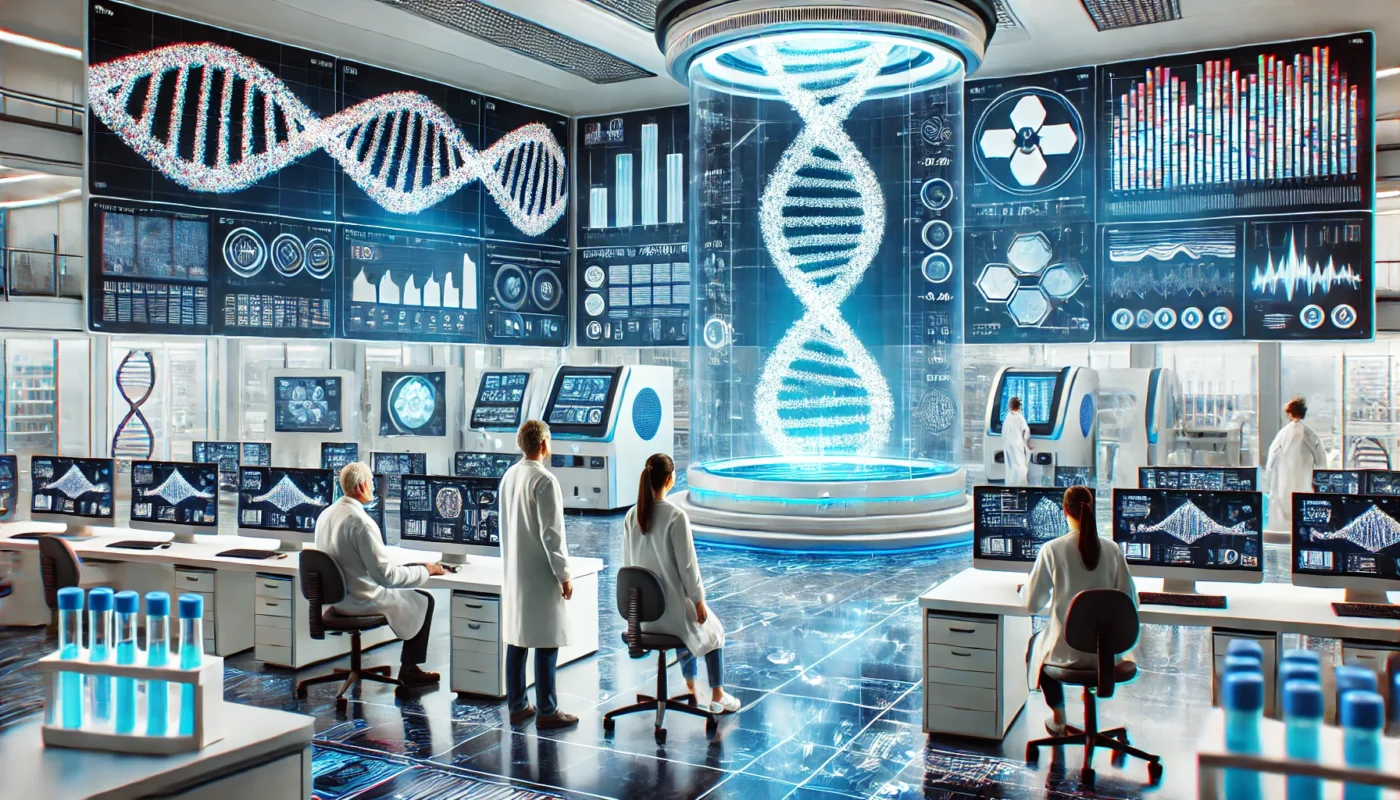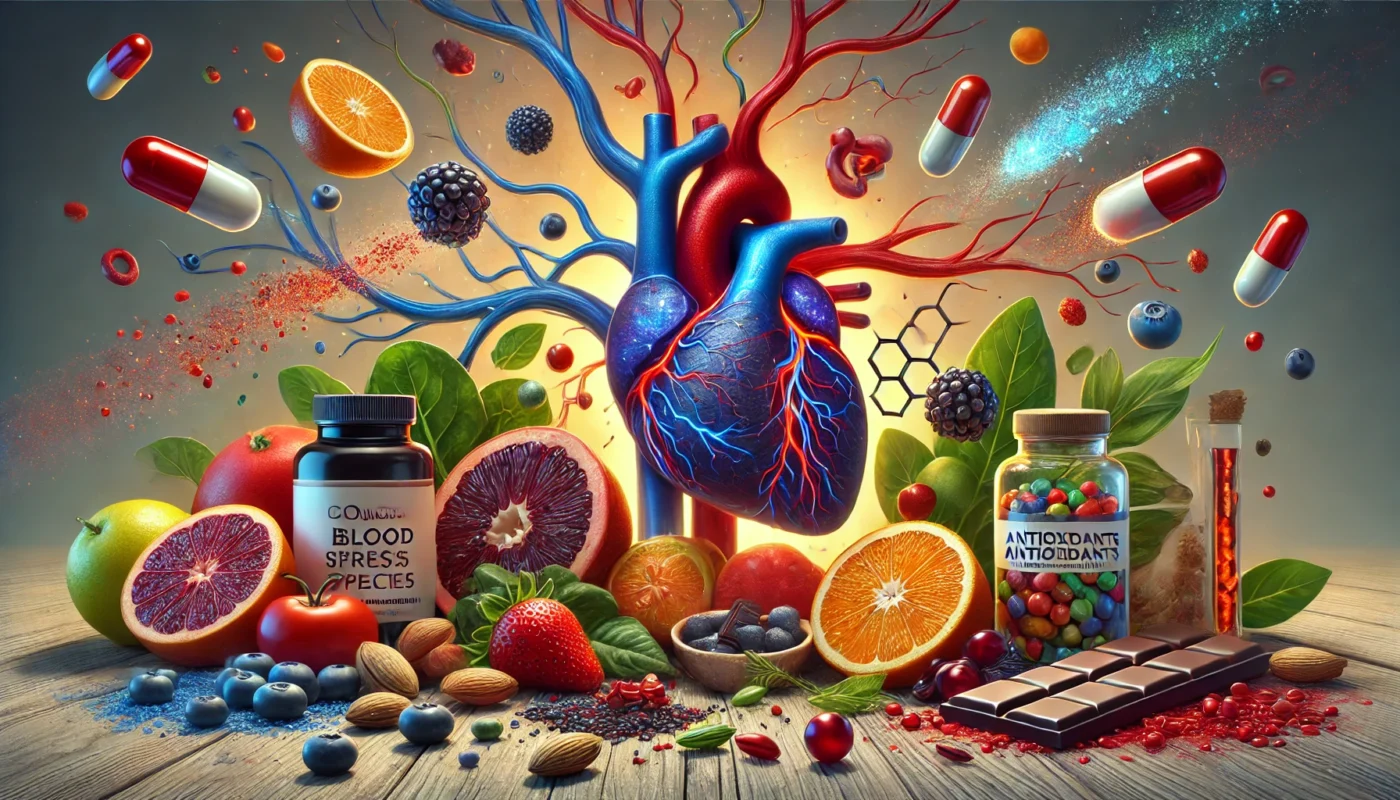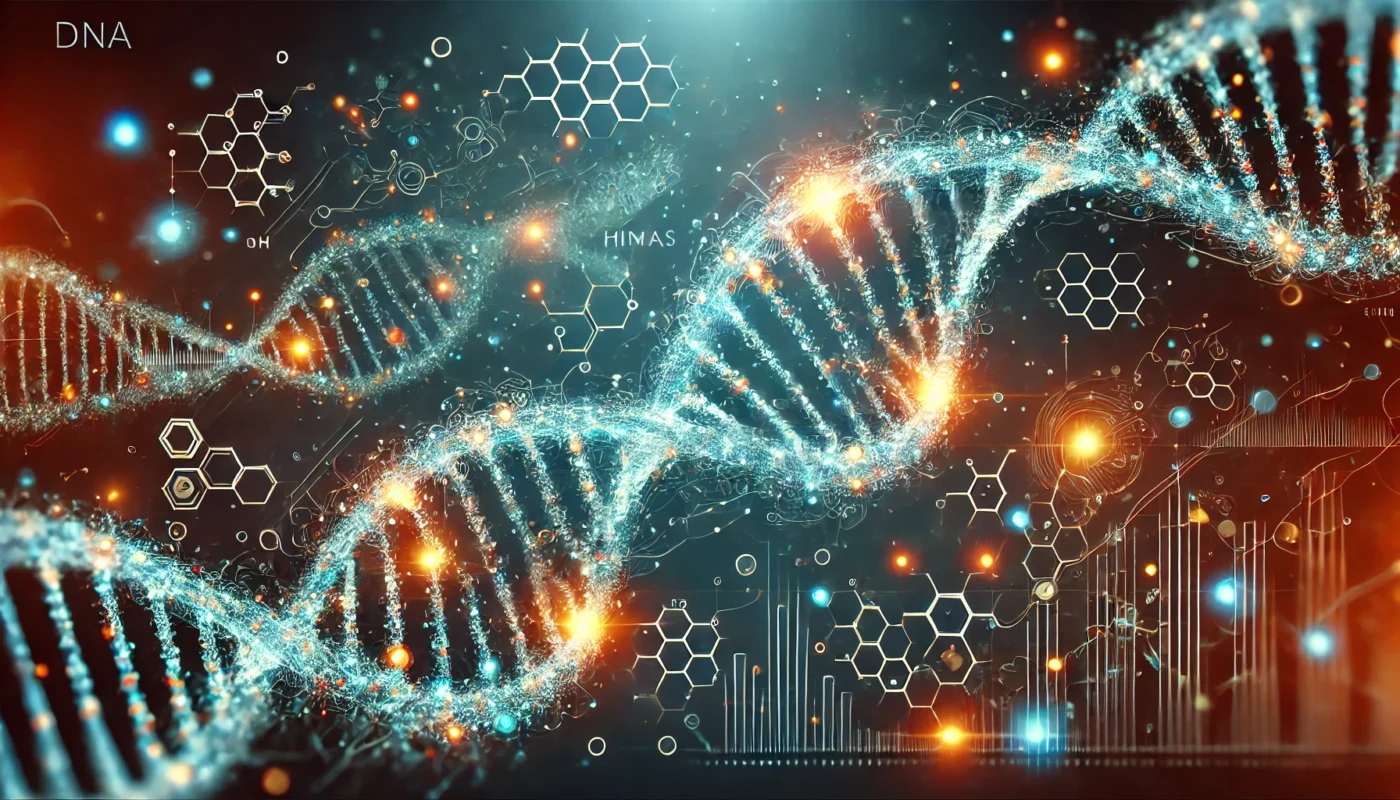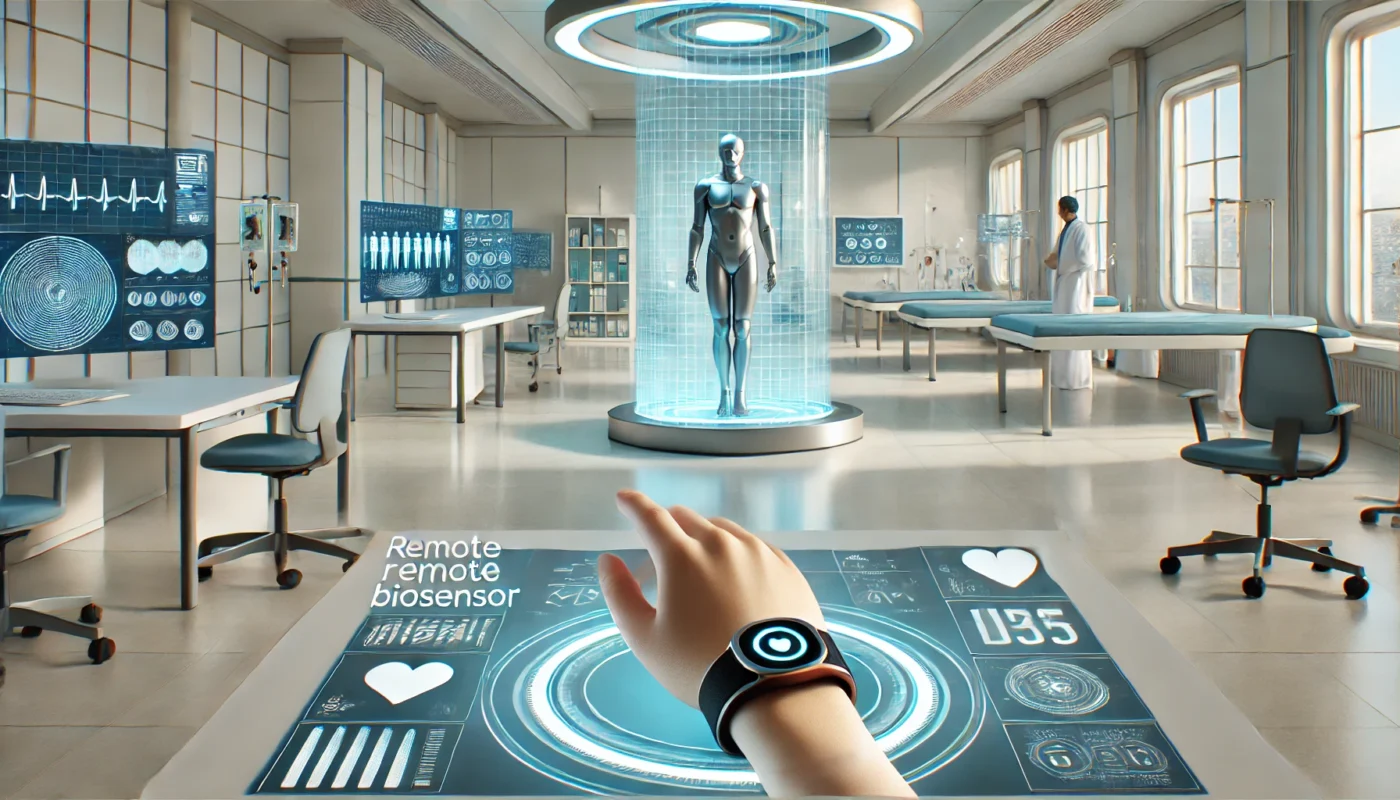Hypertension, or high blood pressure, affects nearly half of adults worldwide and is a leading cause of cardiovascular disease, stroke, and kidney damage. Managing hypertension often involves a combination of lifestyle changes, such as regular exercise, stress reduction, and a heart-healthy diet. Among dietary approaches, smoothies have emerged as an effective and enjoyable way to incorporate nutrient-rich ingredients that support blood pressure regulation. This article delves into the science-backed smoothie ingredients that can help lower hypertension, offering practical advice on how to craft heart-healthy blends.
Tag Archives: Nutritional Supplements
Hypertension, or high blood pressure, is one of the leading risk factors for cardiovascular disease, affecting nearly half of all adults globally. For individuals managing hypertension, diet plays a crucial role, with excessive sodium intake, unhealthy fats, and calorie-dense meals being major contributors to elevated blood pressure. Fast food, often high in these components, poses unique challenges for maintaining heart health. However, with informed choices, it is possible to enjoy dining out while minimizing the impact on blood pressure. This article provides practical tips for navigating fast-food menus, understanding the risks, and making healthier choices.
Hypertension, or high blood pressure, is a chronic condition affecting millions worldwide. It is a leading risk factor for heart disease, stroke, and kidney damage. While dietary adjustments are critical in managing hypertension, the role of artificial sweeteners in this equation is less well understood. Often promoted as healthier alternatives to sugar, artificial sweeteners are ubiquitous in diet sodas, sugar-free snacks, and other low-calorie products. But do these sugar substitutes help or hinder those with high blood pressure? This article examines the surprising impact of artificial sweeteners on hypertension, exploring the pros and cons to help you make informed dietary choices.
Hypertension, or high blood pressure, is a prevalent chronic condition that affects over 1.28 billion adults worldwide, according to the World Health Organization (WHO). It is a significant risk factor for heart disease, stroke, and kidney failure, yet often goes unnoticed until complications arise. Among the many strategies for managing hypertension, magnesium intake has emerged as a critical, though sometimes overlooked, component. Magnesium, an essential mineral involved in numerous bodily functions, has been shown to play a vital role in regulating blood pressure. This article delves into the science behind magnesium’s role in hypertension, explains why magnesium-rich foods are beneficial, and provides practical tips for incorporating this nutrient into your diet.
Hypertension, or high blood pressure, remains a significant global health concern, affecting over 1.28 billion people worldwide and contributing to the leading causes of cardiovascular disease, stroke, and kidney failure. Despite decades of research, challenges persist in developing more effective, personalized medications for managing hypertension, especially for those with resistant or secondary forms of the condition. However, a new frontier is emerging: artificial intelligence (AI). Leveraging the power of AI in drug discovery is revolutionizing the speed, efficiency, and precision with which new hypertension treatments are being developed. This article explores how AI is transforming hypertension drug discovery, the technologies driving this innovation, and the potential it holds for advancing cardiovascular medicine.
Hypertension, often called the “silent killer,” is a global health challenge affecting more than 1.28 billion adults worldwide, as reported by the World Health Organization (WHO). Despite advancements in pharmacological treatments and lifestyle interventions, many patients struggle to achieve optimal blood pressure control. Increasing attention has turned to the endothelium, a thin layer of cells lining blood vessels, as a key player in hypertension pathophysiology. Dysfunction of the endothelium is recognized as an early and critical factor in the development and progression of high blood pressure. This article explores how targeting endothelial dysfunction could revolutionize hypertension management, delving into the mechanisms, therapeutic strategies, and emerging treatments aimed at restoring vascular health.
Hypertension, or high blood pressure, affects more than 1.28 billion people globally, according to the World Health Organization (WHO). Despite its prevalence, hypertension remains a complex condition influenced by a combination of genetic, environmental, and lifestyle factors. Traditional treatment approaches often rely on generalized strategies, which may not effectively address the unique needs of every individual. Precision medicine, a revolutionary approach to healthcare, offers a pathway to more effective hypertension management. By leveraging advancements in genomics, data analytics, and personalized treatment plans, precision medicine is transforming how hypertension is diagnosed and treated.
Hypertension, or high blood pressure, is one of the leading causes of heart disease, stroke, and kidney failure worldwide. Affecting over 1.28 billion people globally, according to the World Health Organization (WHO), hypertension is often dubbed a “silent killer” because it typically develops without noticeable symptoms. Among the many factors contributing to hypertension, oxidative stress has emerged as a key player in the condition’s progression. Antioxidants, compounds that counteract oxidative damage, are now being explored as potential therapies for managing hypertension.
This article looks into the link between antioxidants and hypertension, examines the evidence supporting antioxidant-based treatments, and discusses how these therapies could complement existing approaches.
Hypertension, or high blood pressure, is one of the most prevalent chronic conditions globally, affecting more than 1.28 billion adults according to the World Health Organization (WHO). While the genetic component of hypertension has long been recognized, recent advancements in the field of epigenetics have highlighted how environmental and lifestyle factors can influence gene expression and, in turn, affect blood pressure regulation. Understanding the interplay between genes and the environment offers exciting opportunities for personalized hypertension management. This article explores the science of epigenetics, how it relates to hypertension, and the potential for lifestyle interventions and emerging therapies to positively influence blood pressure.
Hypertension, or high blood pressure, is a silent yet pervasive condition, contributing to heart disease, stroke, kidney failure, and other serious complications. According to the World Health Organization (WHO), it affects over 1.28 billion people globally, with many remaining undiagnosed or undertreated. Managing hypertension effectively requires constant monitoring and timely interventions, which have traditionally relied on sporadic blood pressure measurements taken in clinical settings. However, advancements in wearable technology and remote biosensors are transforming this paradigm. These devices provide real-time, continuous data, empowering individuals and healthcare providers to take proactive steps in blood pressure management.










